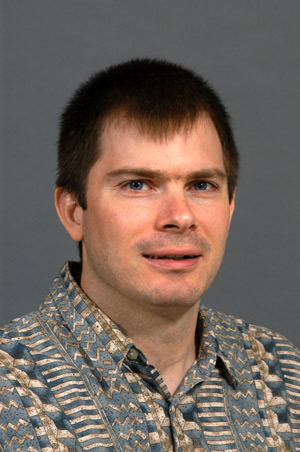Faculty Profile
Ben Edwards
Professor of Geosciences; Moraine Chair in Arctic Studies (2002)Contact Information
Kaufman Hall
717-254-8934
http://blogs.dickinson.edu/edwardsb/
Bio
His research foci are interactions between volcanoes and glaciers (glaciovolcanism), Arctic and Alpine climate change (including directing the Dickinson College Arctic and Alpine Climate Change Research Experience AACCRE), UAV (a.k.a. drones) science, and the impacts of volcanic ash on plants. Volcano studies include the formation of pillow lava and cooling joints, large-scale lava-ice experiments at the Syracuse Lava Lab (http://lavaproject.syr.edu), petrological imaging of lithospheric stratigraphy (using xenoliths from Neogene to Recent volcanoes in the North American Cordillera), applications of theoretical models for understanding the formation of cooling fractures in lavas, and the formation of deposits during volcano-ice interactions. His other interests include soil-forming processes, mineralogy, environmental hazards, the history of science, the history of Arctic exploration, and the influence of plate tectonics on almost everything. His current research involves taking students to places like Alaska (Gates of the Arctic), Iceland (2010 Eyjafjallajokull eruption), Greenland, the Canadian Arctic (Nunavut), British Columbia, Chile (2015 Villarrica eruption) and Peru to study volcanic stratigraphy, glaciers and climate change.
Education
- B.A., Carleton College, 1989
- M.S., University of Wyoming, 1993
- Ph.D., University of British Columbia, 1997
